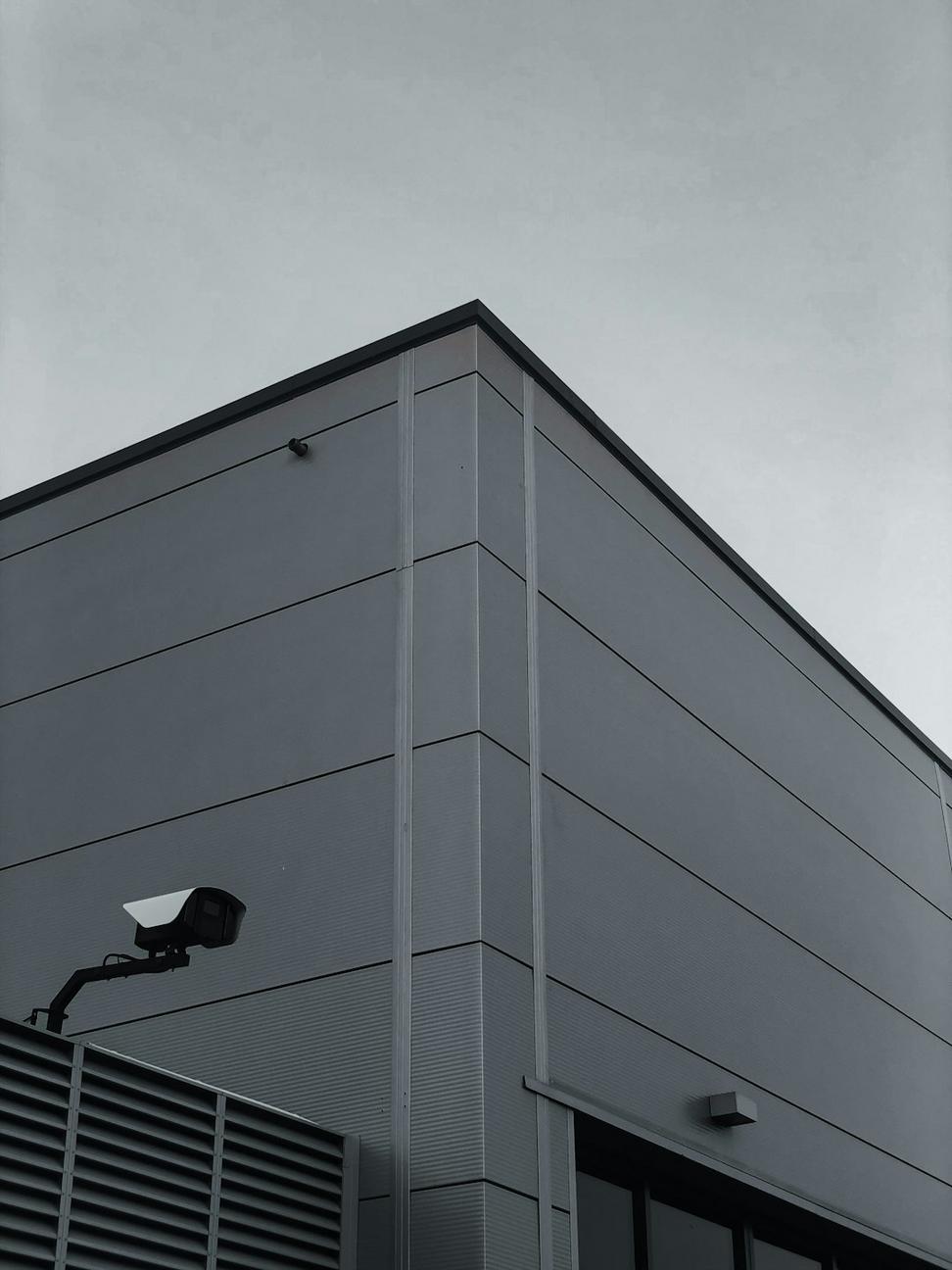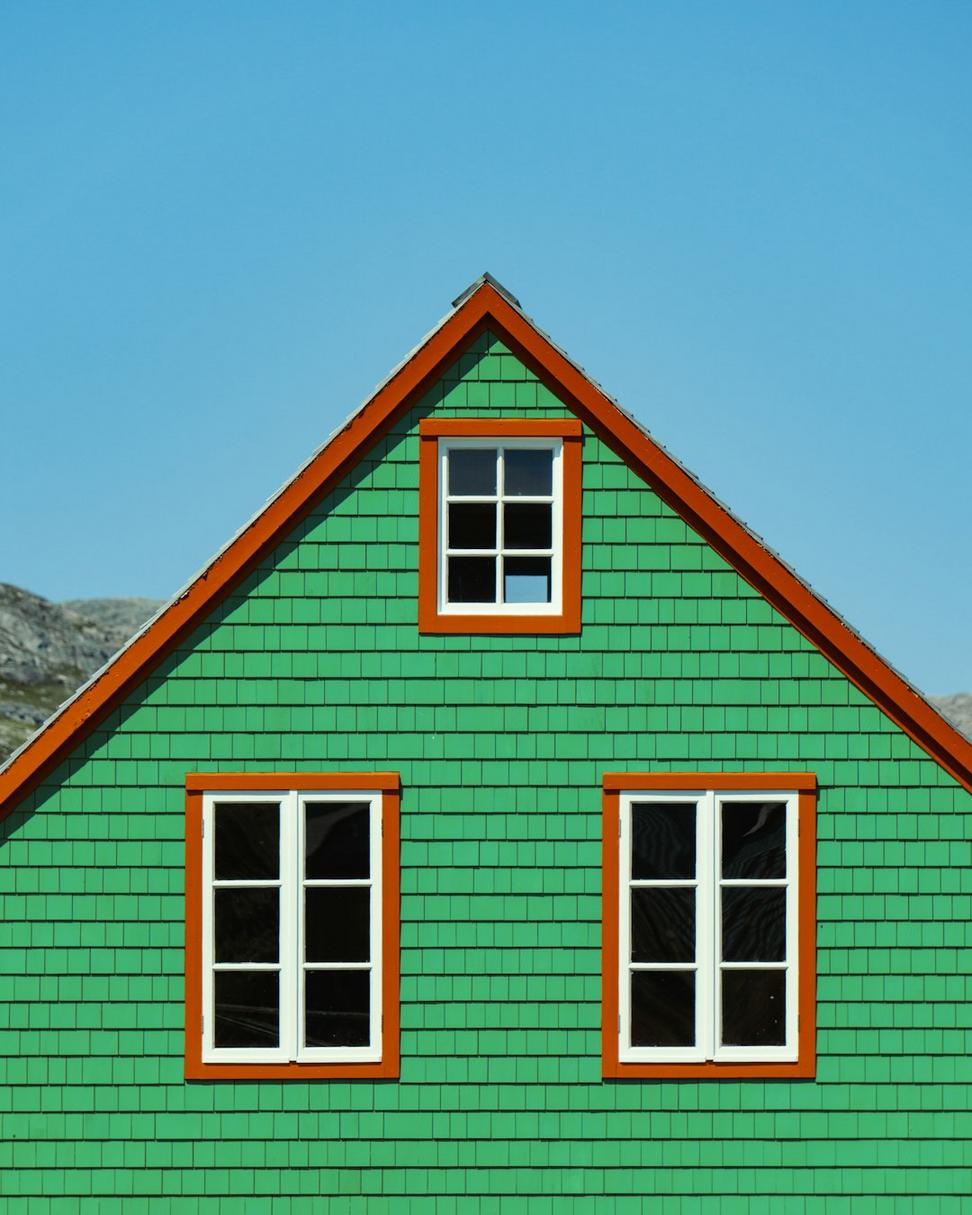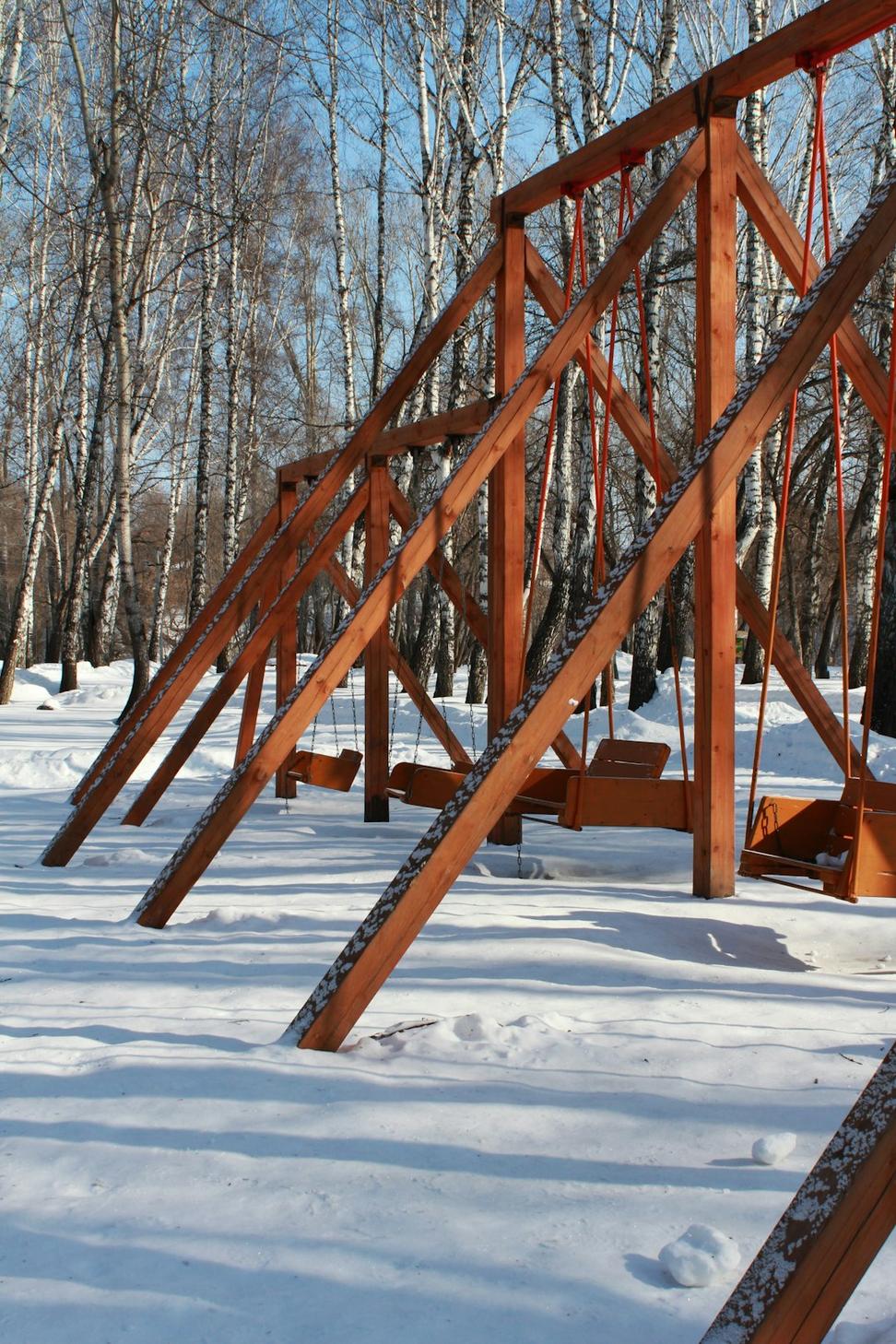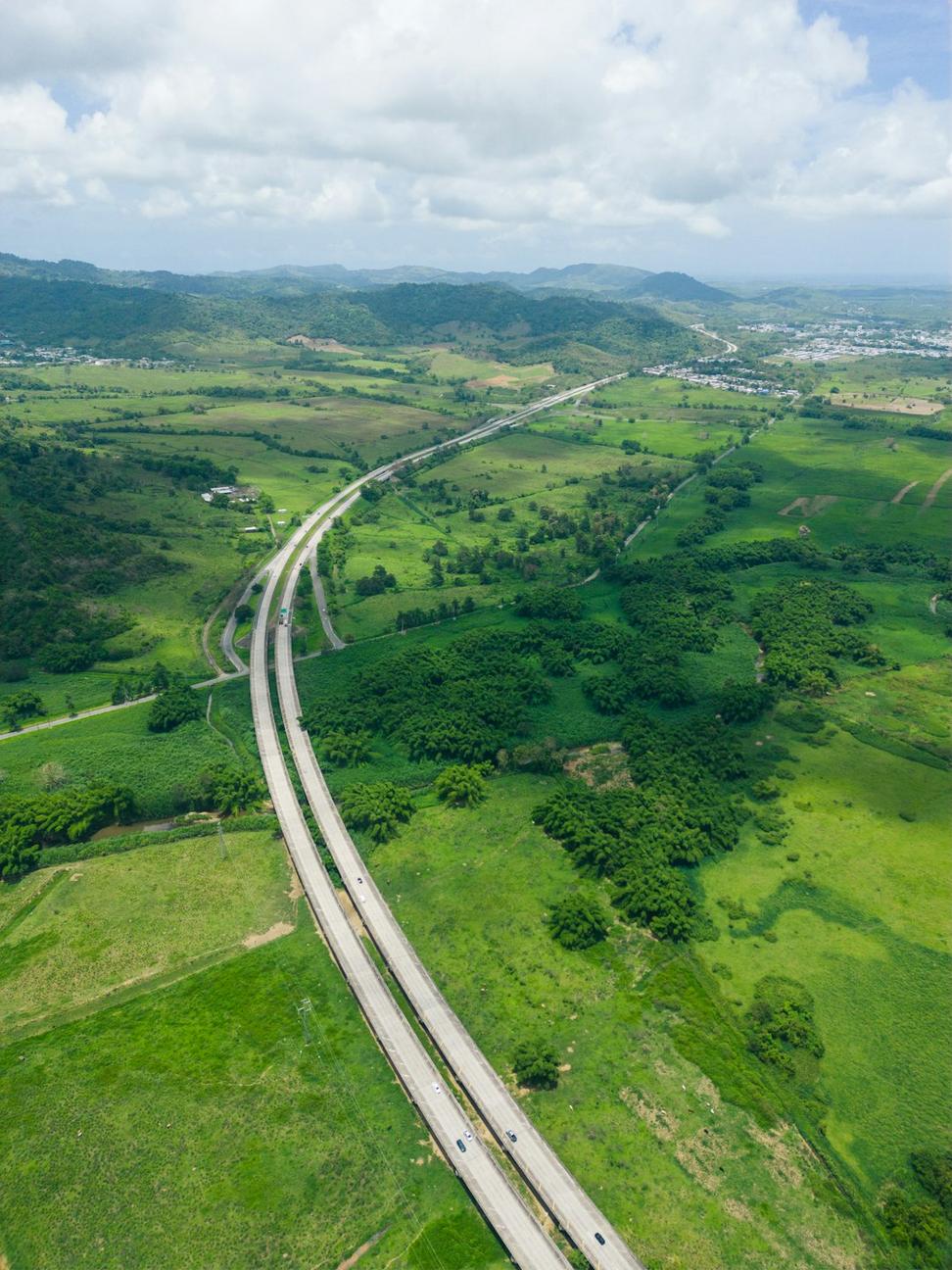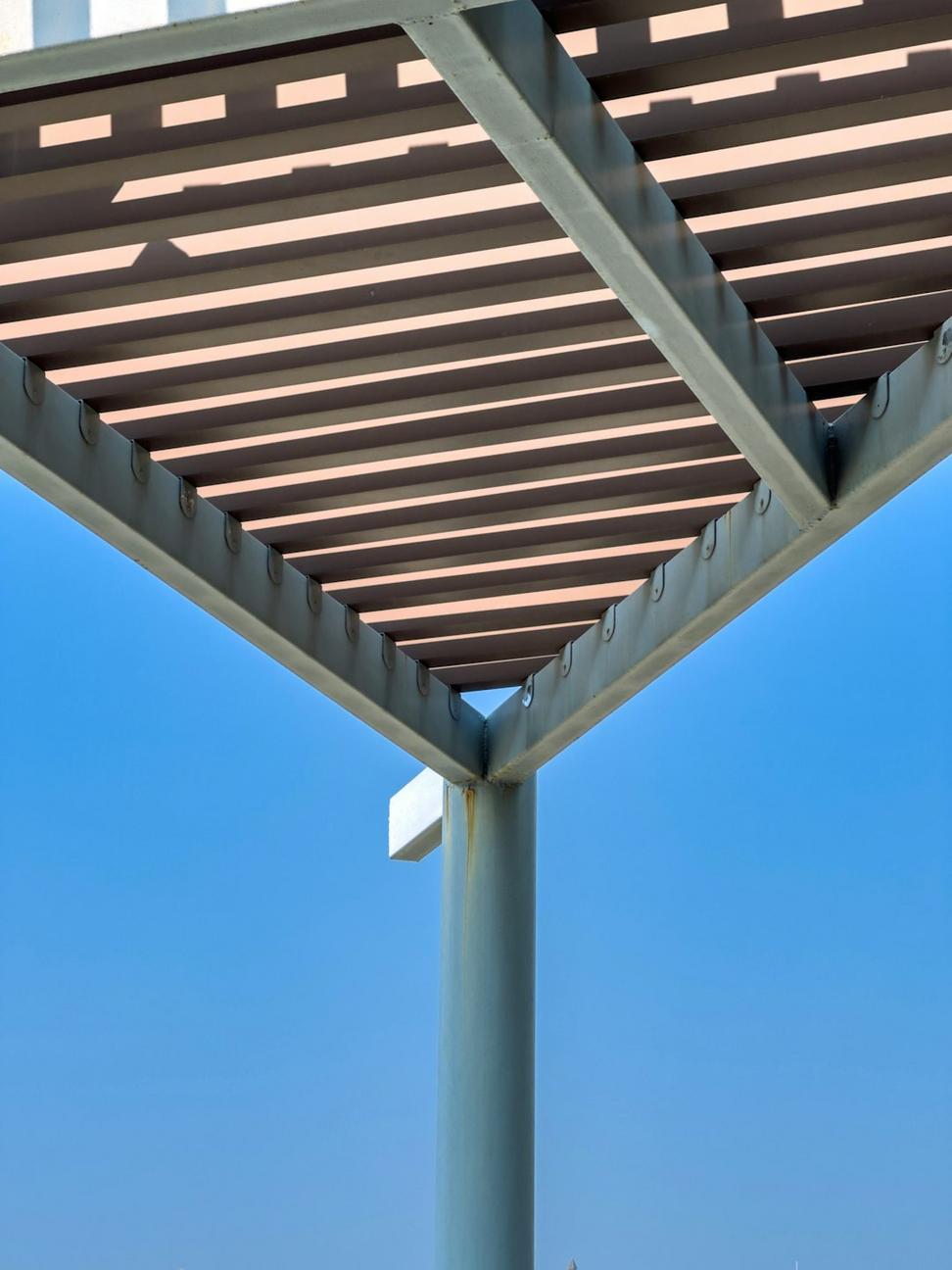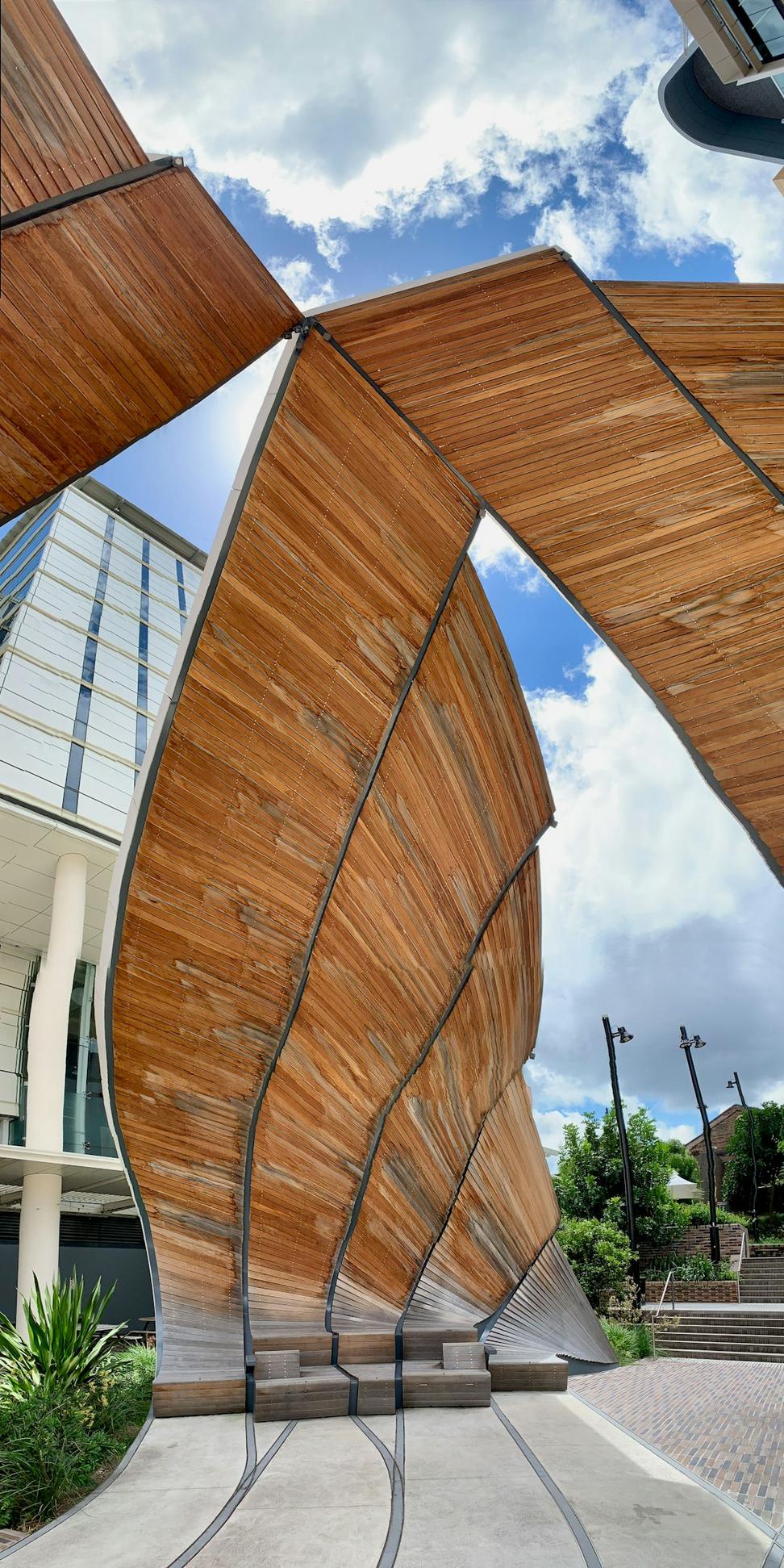
Why We're Obsessed With This Stuff
Look, when we started out, sustainable design was basically slapping some solar panels on a roof and calling it a day. But after working on dozens of projects across Toronto and seeing what actually works versus what's just greenwashing, we've gotten pretty particular about our approach.
Buildings account for nearly 40% of global carbon emissions - that's wild when you think about it. Every project we take on is a chance to move that needle, even if it's just a tiny bit. We're not saving the world here, but we're definitely trying to stop making it worse.
Real talk: Sustainable design isn't always the easiest path. Sometimes it costs more upfront. Sometimes clients push back. But the buildings we've created this way? They're the ones we're genuinely proud to show our kids someday.
